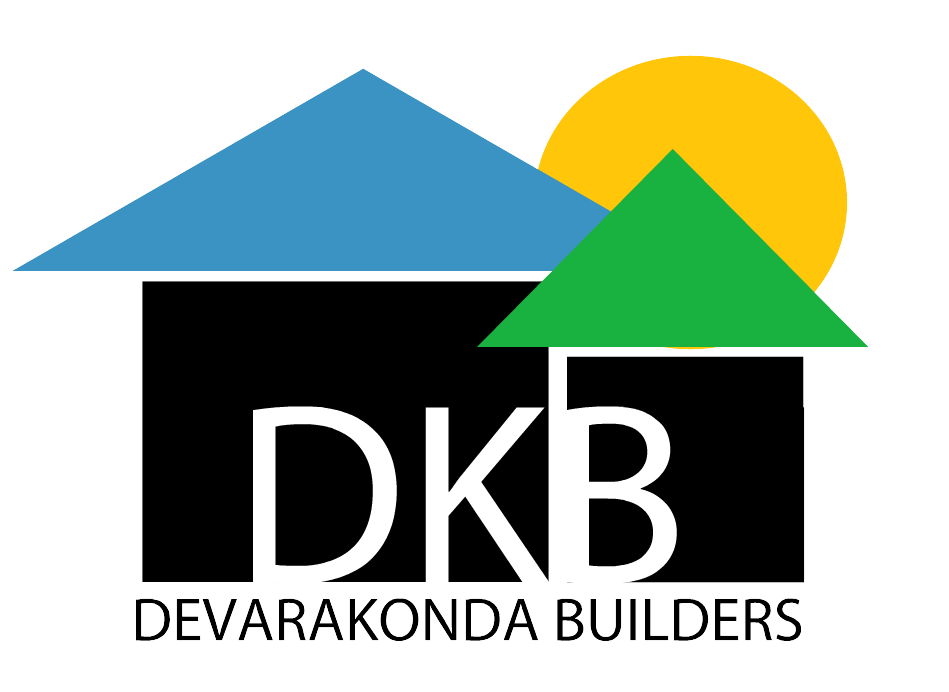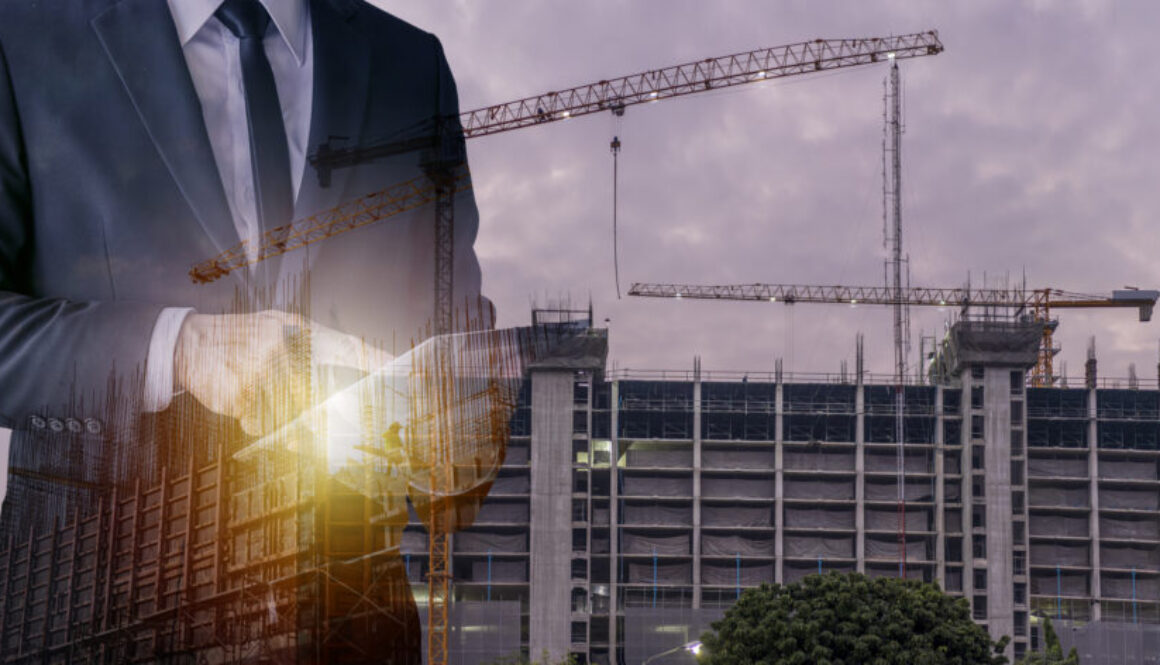Construction Management 101: Building Successful Apartment Projects
Introduction
Construction management is the backbone of any successful apartment project. From inception to completion, effective management ensures that timelines are met, budgets are adhered to, and quality is maintained. This article serves as a comprehensive guide to construction management, offering insights and strategies for building successful apartment projects.
Understanding the Role of Construction Management
- Project Planning and Scheduling: A solid plan is the foundation of a successful construction project. This involves defining project goals, creating detailed schedules, and allocating resources efficiently. By meticulously planning each phase of construction, potential delays and cost overruns can be minimized.
- Budget Management: Keeping costs under control is essential for the financial viability of an apartment project. Construction managers must develop accurate cost estimates, monitor expenses closely, and identify opportunities for cost-saving measures without compromising quality.
Selecting the Right Team
- Hiring Qualified Contractors: The success of an apartment project hinges on the expertise and reliability of the contractors involved. Construction managers should carefully vet potential contractors, considering factors such as experience, reputation, and track record of delivering projects on time and within budget.
- Effective Communication: Clear and open communication is crucial for coordinating the efforts of various stakeholders, including architects, engineers, subcontractors, and suppliers. Construction managers must establish channels for effective communication and foster collaboration among team members to ensure smooth project execution.
Managing the Construction Process
- Quality Control: Maintaining high standards of quality throughout the construction process is paramount. Construction managers should implement quality assurance protocols, conduct regular inspections, and address any issues promptly to uphold the integrity of the project.
- Risk Management: Construction projects are inherently complex and fraught with potential risks. Construction managers must identify potential risks, develop mitigation strategies, and have contingency plans in place to address unforeseen challenges that may arise during construction.
Ensuring Compliance and Safety
- Regulatory Compliance: Adhering to building codes, zoning regulations, and other legal requirements is non-negotiable in construction management. Construction managers must stay informed about relevant regulations and ensure that all aspects of the project comply with applicable laws and standards.
- Safety Protocols: Creating a safe working environment is a top priority in construction management. Construction managers should implement comprehensive safety protocols, provide proper training to workers, and conduct regular safety inspections to prevent accidents and injuries on the job site.
Conclusion
Construction management is a multifaceted discipline that requires a combination of technical expertise, organizational skills, and effective leadership. By prioritizing meticulous planning, strategic team selection, efficient project management, and a commitment to compliance and safety, construction managers can navigate the complexities of apartment projects successfully. Ultimately, building successful apartment projects requires a dedication to excellence at every stage of the construction process, from conception to completion.


